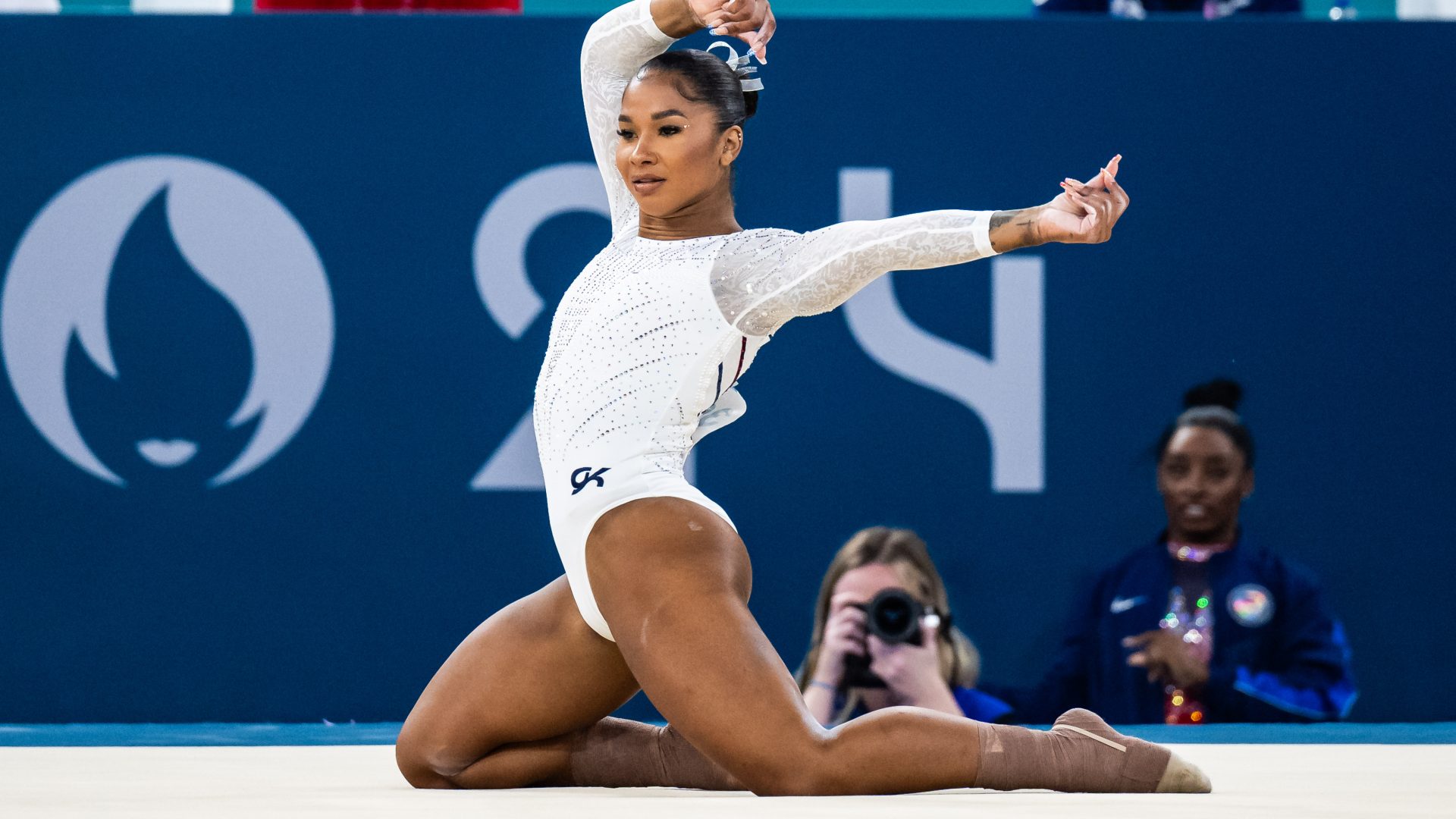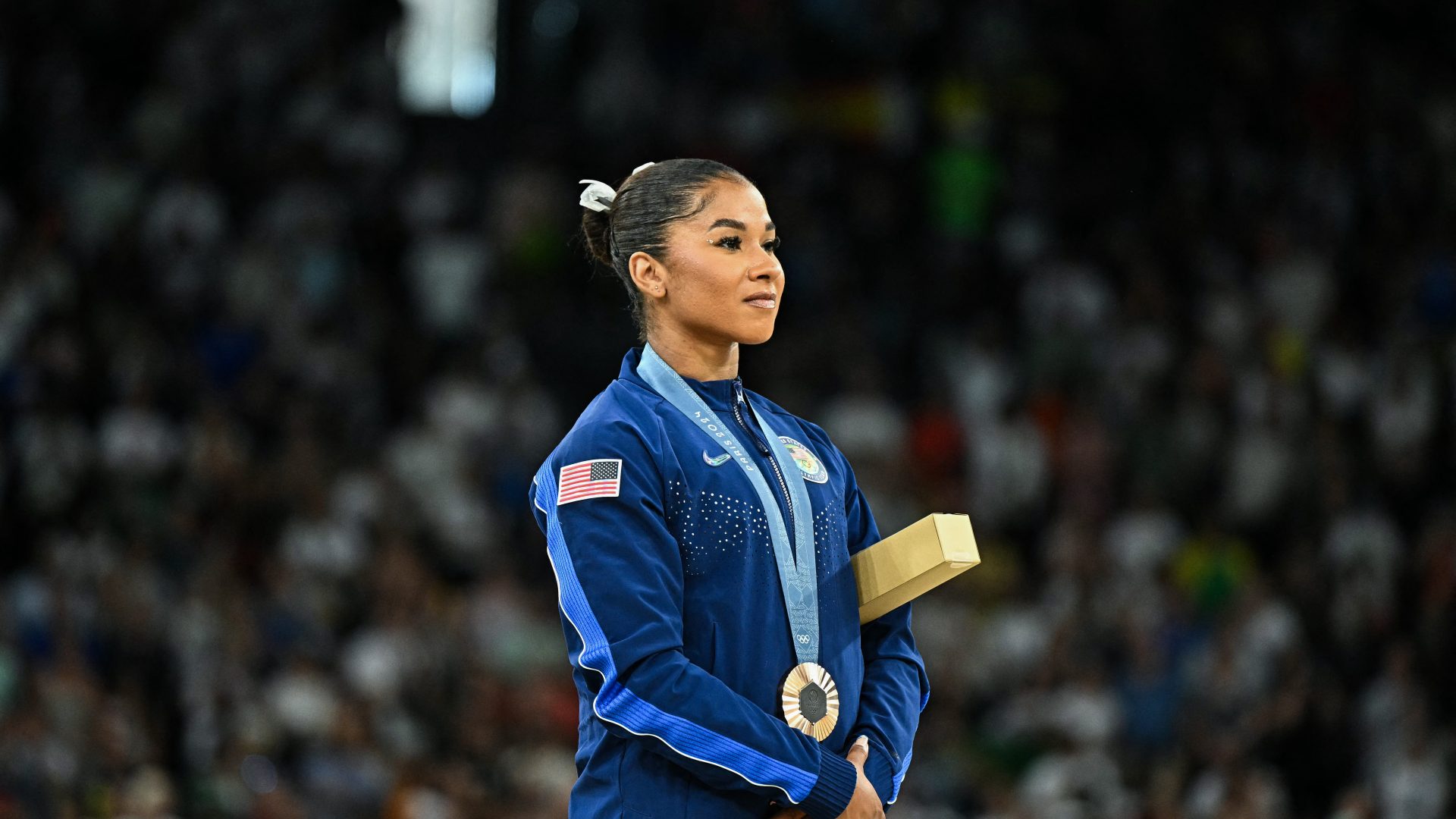
Black women in sports have long been trailblazers, breaking barriers, and there is still a substantial amount of work to be done to ensure that they receive the recognition, respect, and compensation they deserve. From Serena Williams in tennis to Simone Biles in gymnastics, their contributions have redefined the limits of athletic performance and inspired countless others.
However, despite their remarkable achievements, significant disparities persist, particularly in equity and fair treatment. Historically, they faced racial and gender-based discrimination that limited their opportunities to participate in sports at competitive levels. For example, during the early 20th century, Black women were largely excluded from mainstream sports events and were forced to compete in segregated leagues with limited resources and visibility.
Despite these challenges, figures like Alice Coachman, who became the first Black woman to win an Olympic gold medal in 1948, and Wilma Rudolph, who overcame polio to become a three-time Olympic gold medalist in 1960, emerged as pioneers who shattered stereotypes and paved the way for future generations.
Still, although these women made historic strides toward progress, there were still obstacles faced later down the line. Serena Williams, often hailed as one of the greatest athletes of all time, has dominated tennis for over two decades, winning 23 Grand Slam singles titles. Her impact extends beyond the court, as she has used her platform to advocate for gender and racial equality, challenging the pay gap and the double standards faced by women of color in sports.
Similarly, Simone Biles, a gymnast of unparalleled skill, has redefined the sport with her extraordinary performances, becoming the most decorated gymnast in history. Biles has also been vocal about the pressures and mental health challenges faced by athletes, particularly women of color, and shedding light on issues that are often overlooked, highlighting an unfortunate cycle.
Black women are often subjected to harsh scrutiny and criticism compared to their peers. This double standard is evident in how the media and the public often focus on their appearance, behavior, and personal lives rather than their athletic achievements. Recently, athletes like Coco Gauff and Jordan Chiles faced racial microaggressions and discrimination during their time at the 2024 Paris Olympics. “I feel like I’m getting cheated on constantly in this game,” Gauff says. “it happens to me, it happened to Serena [Williams].”
Read ‘The Ongoing Story Of Black Women’s Self-Advocacy In Sports’

Whether it’s being subjected to racist remarks from spectators or facing biased decisions from referees and judges, these experiences can take a toll on their mental and emotional well-being. “I have no words. This decision feels unjust and comes as a significant blow not just to me but to everyone who has championed my journey,” Chiles wrote. “To add to the heartbreak, the unprompted racially driven attacks on social media are wrong and extremely hurtful.”
To address these issues, it is crucial to continue advocating for policies and practices that promote pay equity and fair treatment for Black women in sports. This includes implementing transparency in pay structures, ensuring that endorsement deals are equitable, and creating supportive environments where athletes can thrive without facing discrimination.
“I will approach this challenge as I have others — and I will make every effort to ensure that justice is done,” Chiles wrote. “I believe that at the end of this journey, the people in control will do the right thing.”
Figures like Gauff, Chiles, and countless others have used their platforms to advocate for change, but they should not bear the burden alone. Allies within the sports community, including fellow athletes, coaches, and fans, must join in the fight for equity and fairness. This collective effort can help dismantle the systemic barriers that have long marginalized Black women in sports. While Black women in sports have made incredible strides, much work still needs to be done to achieve true equity and fair treatment.
About the Author: Kenyatta Victoria is the lead writer for Essence GU, working on all things pop culture, politics, entertainment and business. Throughout her time at GU, she’s garnered devoted readers and specializes in the Zillennial point of view.